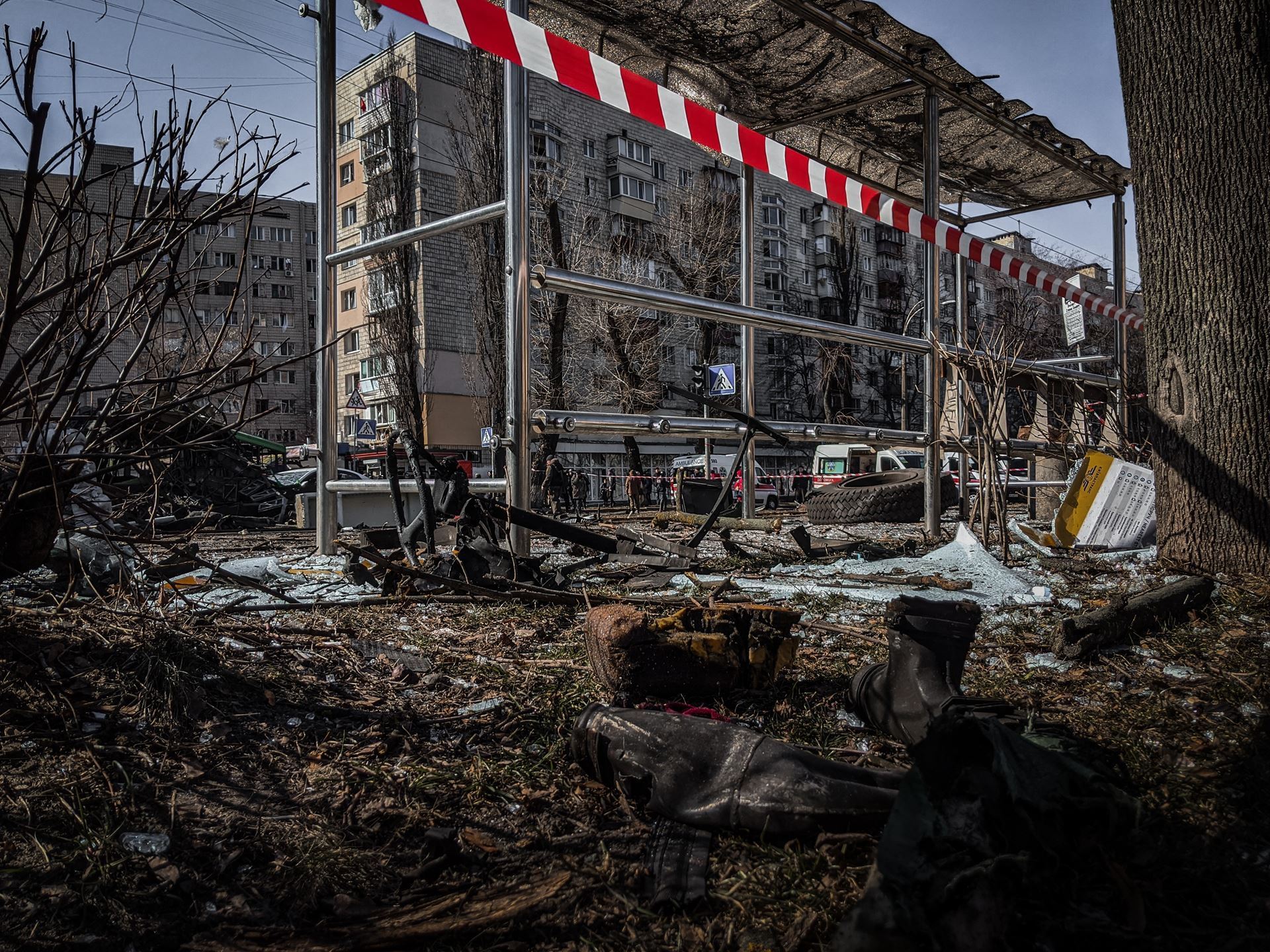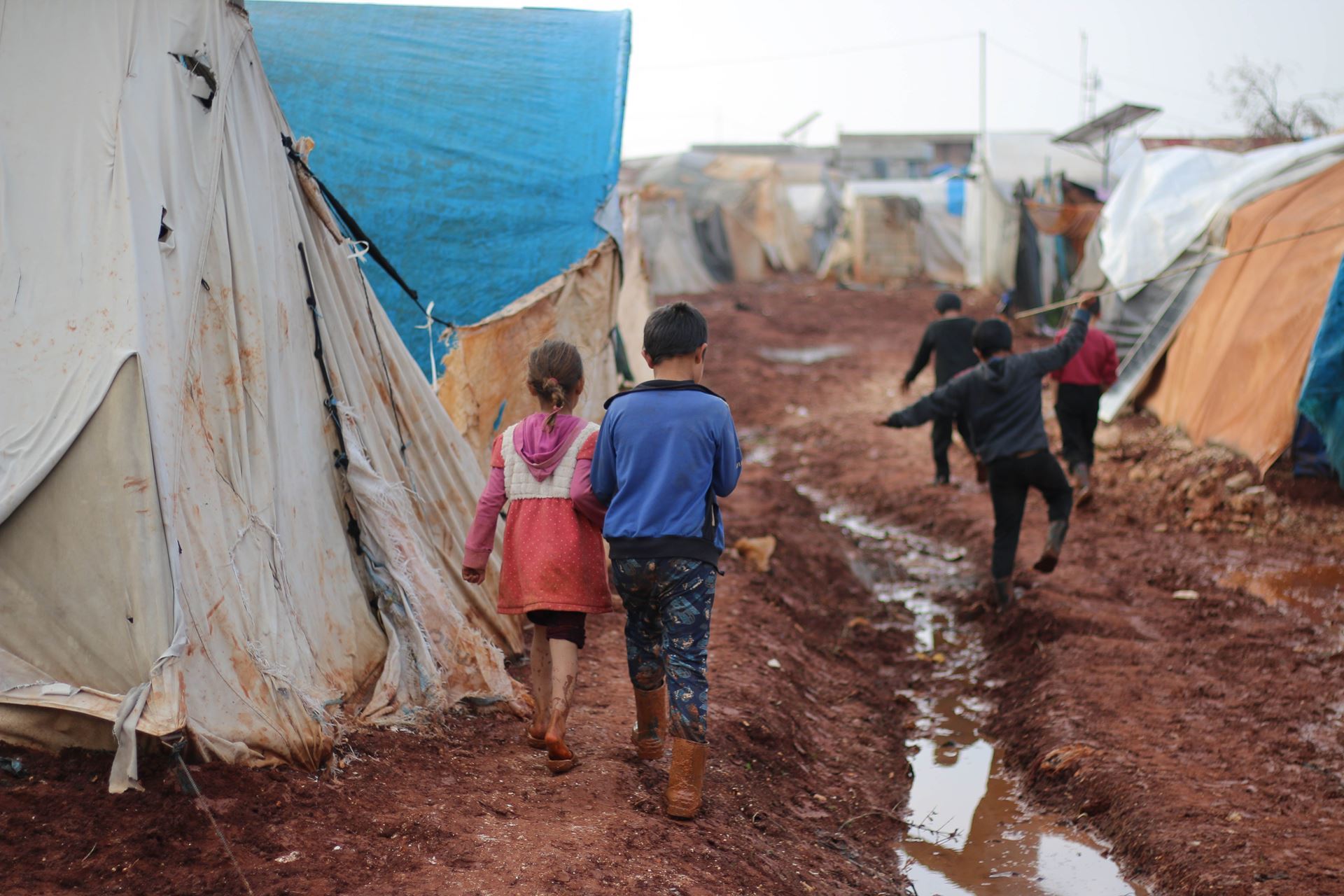Submitted by Robert Jordan, Host2Host Advocacy Committee Member and Short-Term Rental Host
Hosting refugees can be rewarding and fulfilling. Short-term Rental (STR) Host and Host2Host Member, Robert Jordan, reflects on his family’s personal experience and provides helpful suggestions for improving your own refugee-hosting outcomes if you choose to offer your rental in this kind and generous way.
 We have all seen the images coming out of Kabul last August and now Ukraine and have been deeply moved, wondering how we can help. For many of us with short-term rentals, I expect one thought that immediately comes to mind is, “Can and should I offer my space to house those fleeing from violence in their homelands?” Having decided to take our Airbnb unit off-line this year anyway, we committed to offering it up as temporary housing for people waiting for something permanent (our unit, with no kitchen, is not suited to long-term living). I am writing to reflect on our personal experience, and perhaps you can decide if it’s something you, too, would like to consider.
We have all seen the images coming out of Kabul last August and now Ukraine and have been deeply moved, wondering how we can help. For many of us with short-term rentals, I expect one thought that immediately comes to mind is, “Can and should I offer my space to house those fleeing from violence in their homelands?” Having decided to take our Airbnb unit off-line this year anyway, we committed to offering it up as temporary housing for people waiting for something permanent (our unit, with no kitchen, is not suited to long-term living). I am writing to reflect on our personal experience, and perhaps you can decide if it’s something you, too, would like to consider.
What is Airbnb Doing to Help?
You will perhaps have seen articles about Airbnb itself setting up a non-profit platform, airbnb.org, where hosts can offer space sandwiched in between “normal” paying customers, with resettlement agencies booking space for their clients via the host’s regular web page. Check out the conversation where Airbnb representatives discuss their system with Host2Host. At least one of our Host2Host members listed space this way and got not a single taker after many months of availability. Two problems I see with the Airbnb.org system:
-
the resettlement agencies don’t know about it or how to use it
-
the agencies can rarely simply book someone for specific dates weeks or months in the future - too often they are working on short notice with a great deal of uncertainty.
Instead, we got involved by direct communication with one of the resettlement agencies, Lutheran Community Services Northwest.
Background Gives Perspective
 Please allow me a bit of a flashback. I have personal experience with these issues, having assisted with Kosovar refugees in Bosnia when I was assigned there by the US Army in the late 1990s. But that “refugee camp” situation is just the first phase of relocation dynamics – by the time people arrive in this country, they have been through all of that, have been health (and security) screened, and had some basic introduction to American life (in the case of the Afghans, mostly at US military bases). Going into this now and based on my Bosnia experience, I was determined to keep our involvement at arm’s length as best I could, offering the space but not letting myself get too personally involved.
Please allow me a bit of a flashback. I have personal experience with these issues, having assisted with Kosovar refugees in Bosnia when I was assigned there by the US Army in the late 1990s. But that “refugee camp” situation is just the first phase of relocation dynamics – by the time people arrive in this country, they have been through all of that, have been health (and security) screened, and had some basic introduction to American life (in the case of the Afghans, mostly at US military bases). Going into this now and based on my Bosnia experience, I was determined to keep our involvement at arm’s length as best I could, offering the space but not letting myself get too personally involved.
You will see stories on TV about American families forging lifelong bonds with people they have helped in this way (great feel-good segments on the news!), and might get the idea that it’s all a positive experience for everyone. Don’t count on it. Personally, I try to keep my expectations low and sometimes be pleasantly surprised than seeing it all through rose-colored glasses and being disappointed. But maybe that’s just me!
Make Your Hosting Experience a Positive One
For whatever it’s worth, I have a few ideas for how you can optimize your refugee-hosting experience:
-
Do this because it’s the right thing to do, because you can afford it, and because you’ll be setting a good example for your kids, not with the expectation that you’ll be showered with gratitude. But if you do get it, accept it graciously and move on.
-
Understand that this is different from hosting regular visitors. You probably need to simplify and relax your house rules (and maybe get them translated). For example, we prohibit smoking anywhere on our property for Airbnb-type visitors, but we relented for smoking outdoors in the case of refugees. Smoking is near-universal among adult men from places like Afghanistan, and telling people who have been through all that they have experienced that they also have to quit smoking seems like a big ask.
-
Garbage and energy use can be issues. The idea of recycling can be incomprehensible (even to some Americans!), and we notice lights left on all the time and the heat pump working with the windows wide open. We didn’t clarify these things at first and decided just to let it go, but we will be much more explicit up front for later guests.
-
Have some kind of written agreement (even if it’s just e-mails) with the resettlement agency, and check with your insurer. Get some assurance that you haven’t inadvertently made yourself a “landlord”, especially if a stay extends beyond a month. A city official told me that as long as there is no exchange of anything of value (including work like mowing the lawn, etc.) there is no risk of a “landlord-tenant” situation coming into effect, but you should do your own research.
We have hosted two Afghan refugees, both young men. Both were very polite, grateful, and friendly (one of them had minimal English, so our interaction was limited). Each of them stayed around six weeks with us before their apartments were ready. We have now taken back our unit for the summer, as we have family and friends visiting – but do plan to offer it again in the fall. There is a never-ending need, and by sparing the assistance agency the cost of paying for motel rooms as their clients wait for housing, we have done our small part to help.
If you'd like to engage with Robert about his experiences hosting refugees or to find out more information, email Host2Host.